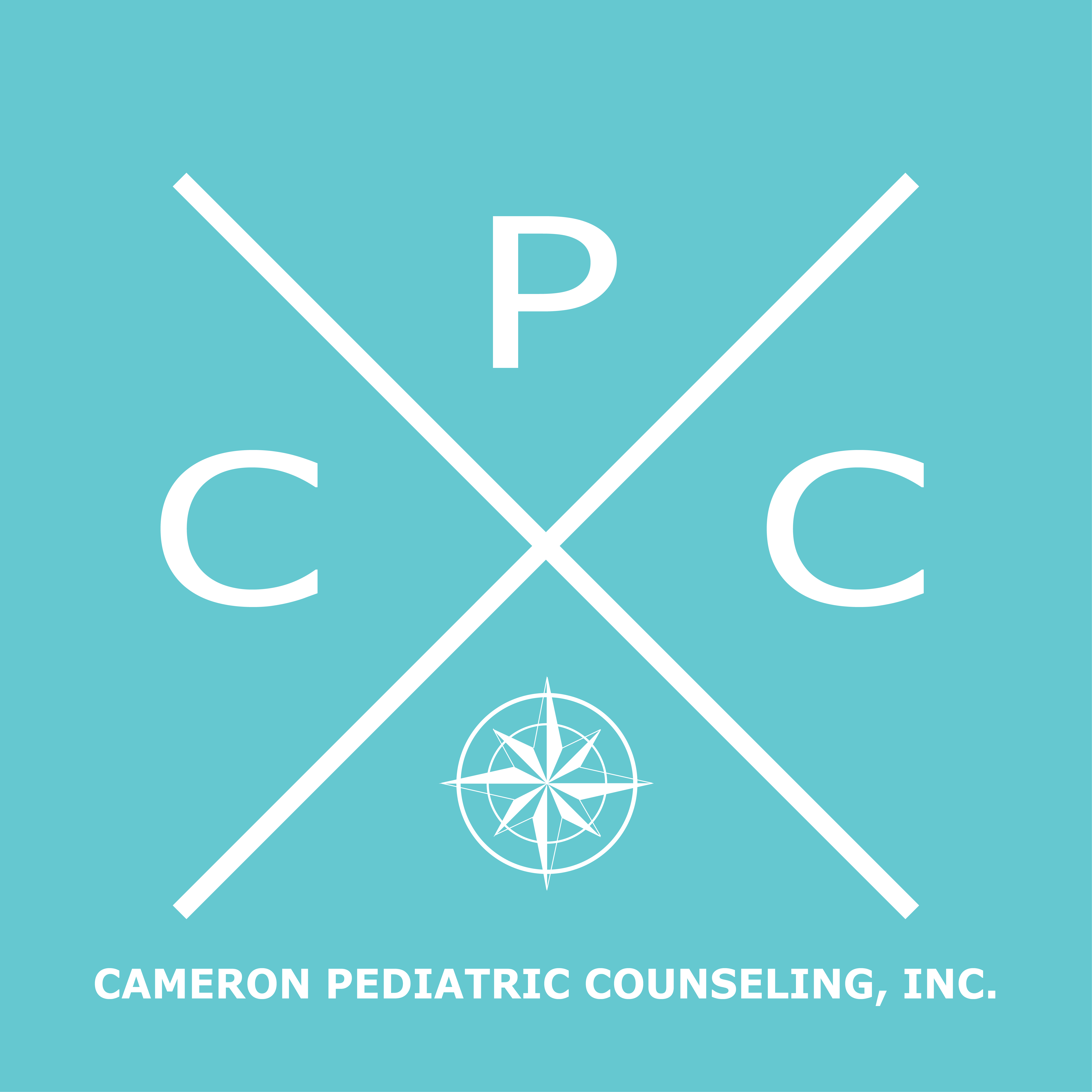Did you know that CPC specializes working with gifted students?
Recent studies show that gifted children often struggle with anxiety, depression, and the “need to please”. At CPC, we recognize that gifted students have unique challenges and we are well equipped to assist them with their individual needs.
What does it mean to have a child that is gifted?
A child is considered gifted when their ability is significantly above the “norm” for their age. Giftedness means that a child has superior intellect, creative, and/or artistic abilities and often succeeds in specific academic subjects such as mathematics, science, or language arts. Gifted children are curious and constantly asking questions to satisfy their quest for knowledge.
So, what does anxiety, depression, and stress look like with a gifted student? Do the following themes surface with your child or teen on a regular basis?
-Gravitates towards demanding academic schedules that require stressful and anxiety producing juggling of social and emotional growth.
-Putting intense pressure on themselves to succeed in Advanced Placement classes and/or seeks highly pressurized fast-paced academic environments.
-Living with the (often self-induced) pressure of living up to expectations of a “gifted learner”.
-Perfectionism not only with academics but within participation in after school programs such as athletics, theater productions, debate, etc.
-Gifted learners can fall prey to risk taking behavior, can be highly sensitive & critical, can have an inability to concentrate, be restlessness, display anger, etc.
What are the challenges?
-Struggling to cope with day-to-day pressures of academic and social expectations.
-Gifted children and teens often have difficulty interacting with their peers which can lead to social challenges with friendships; even when all the outward appearance seems like they should and do “fit in” with peers there may be some internal struggles with peer relationships.
-Attention, Organizational, and Focus issues
-Competitiveness (within themselves and their peers).
How can CPC help your gifted child?
-We can assist your child in learning specific coping skills and strategies they can utilize at school and at home.
-We can customize their individual counseling session to address their immediate needs and concerns to include teaching concepts based on how they learn which is highly individualized.
-We have the ability and willingness to coordinate with school professions.
